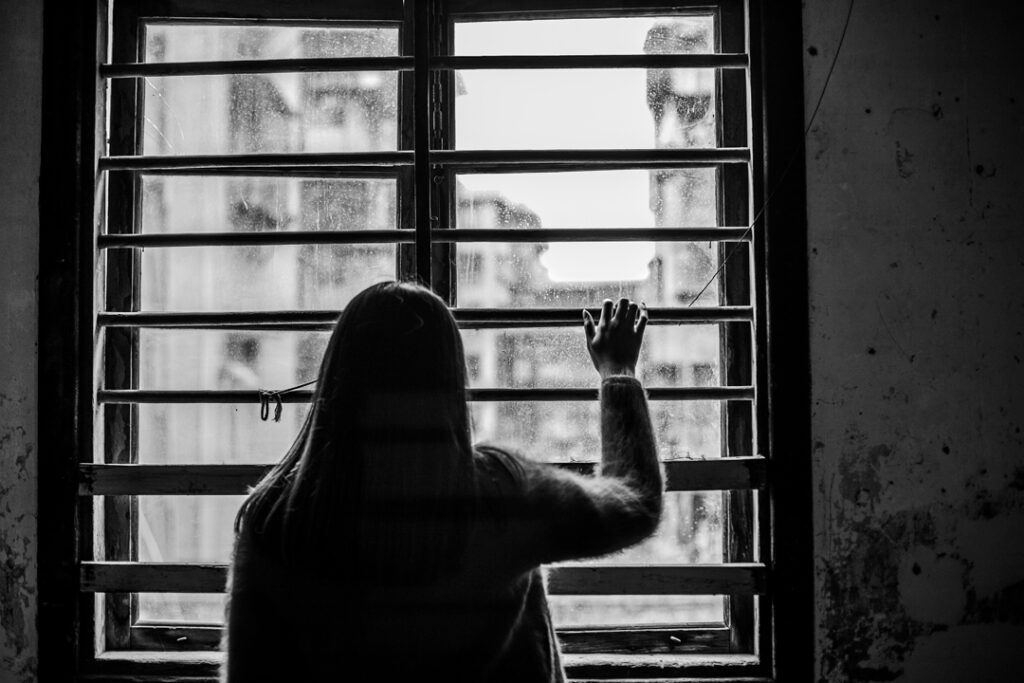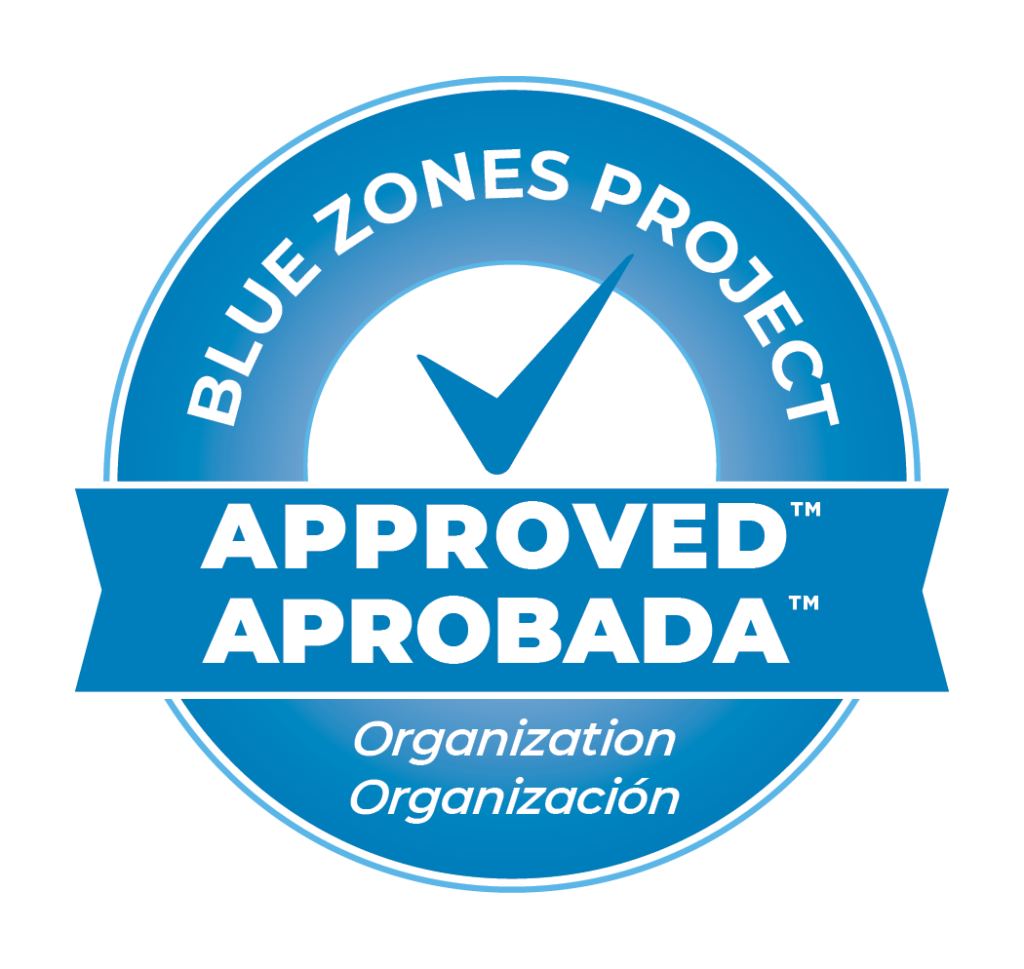Oct. 8, 2020, is National Depression Screening Day
Know the Signs, Find Out What You Can Do

With the coronavirus pandemic, massive job loss, financial insecurity, racial strife, and sheltering in place, the risk of depression and anxiety is even more prevalent in our country.
So, it is more important than ever for people to examine their mental well-being and recognize when they may feel anxious, sad or depressed. Even former First Lady Michelle Obama expressed that she is fighting “low-grade depression” because of what is going on in our country.
And she has a lot of company. One in three Americans is dealing with symptoms of stress or anxiety, according to data from the U.S. Census Bureau and the National Center for Health Statistics.
October 2020 is Depression Awareness Month and is a good time to refresh our understanding of the disease. According to an article in the John Hopkins University online magazine The Hub, “Depression is one of the most common mental health problems today. It is not just a state of unhappiness or sadness. It is a true disease,” the article says. “Depression is something we tend to recognize in others but may have a hard time seeing in ourselves. It can show in many physical and emotional ways.”
Among the signs of depression:
- Loss of appetite
- Overeating
- Not being able to sleep
- Sleeping too much
- Tiredness not related to physical exertion
- Restlessness or irritability
- Slowness of movement or speech
- Feeling depressed or withdrawn
- Loss of interest in things you once enjoyed
- Trouble concentrating or making decisions, poor memory
- Low self-esteem
- Thoughts of harming or killing oneself, or thoughts that life is not worth living
The treatment for depression may include both medicine and psychotherapy. Antidepressants can reduce suffering and can improve the ability to function during the depressed period. Therapy can offer emotional support and help you understand emotional factors that may be causing the depression.
Here’s what you can do for yourself:
Ongoing care and support help people manage this disease. Find a health care provider and therapist who meet your needs. Seek help when you feel like you may be getting ill.
Be kind to yourself. Make it a point to do things that you enjoy (gardening, walking in nature, going to a movie). Reward yourself for small successes.
Take care of your physical body. Eat a balanced diet (low in saturated fat and high in fruits and vegetables). Exercise at least three times a week for 30 minutes. Even mild-to-moderate exercise (such as brisk walking) can make you feel better. Don’t drink alcohol, which can make depression worse.
Take medicine as prescribed. Tell each of your health care providers about all the prescription and over-the-counter medicines, vitamins, and supplements you take. Certain supplements interact with medicines and can result in dangerous side effects. Ask your pharmacist when you have questions about medicine interactions.
Talk with your family and trusted friends about your feelings and thoughts. Ask them to help you recognize behavior changes early so you can get help and, if needed, medicine can be adjusted.
Follow up with your health care provider, or as advised.
In addition, Oct. 8, is National Depression Screening Day. It’s an important day for many reasons. First, it can help people make an informed diagnosis. It also drags depression out of the darkness. And perhaps most important, it can bring help to those that need it.
Here’s how you can observe National Depression Screening Day:
- Learn something new
For those suffering symptoms, use National Depression Screening Day as a chance to learn how to manage them. For those who do not suffer from depression, learn how to help someone else.
2. Reach out to someone
Most people probably know someone suffering from depression. Reach out to them and let them know you support their battle.
3. Contribute to the fight
Whether or not you suffer from depression, use this day to fight back. Learn about volunteer opportunities. Or just write a Facebook post about the battle against depression — and let others know you understand and care.
photo created by dashu83 – www.freepik.com




